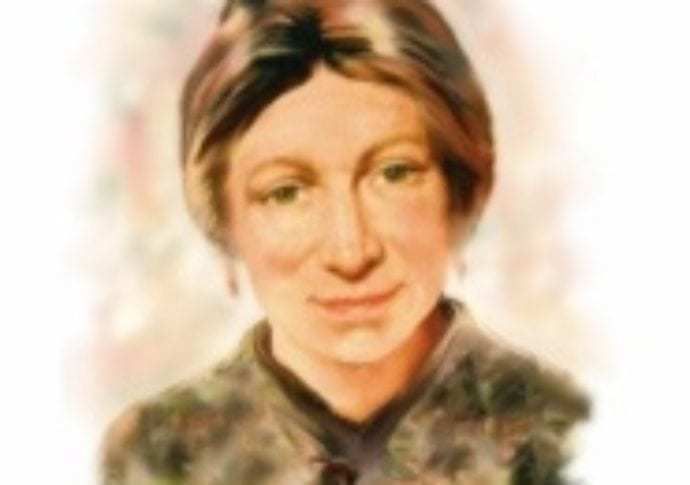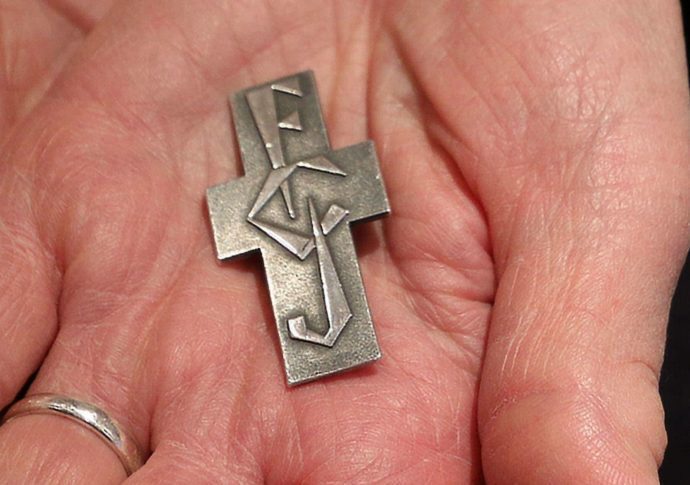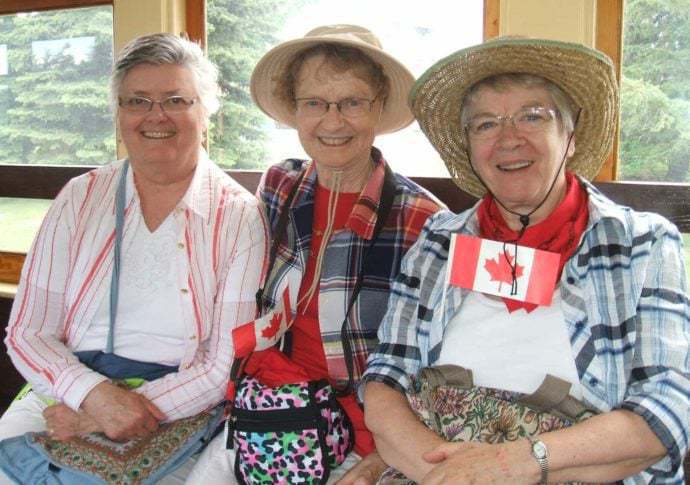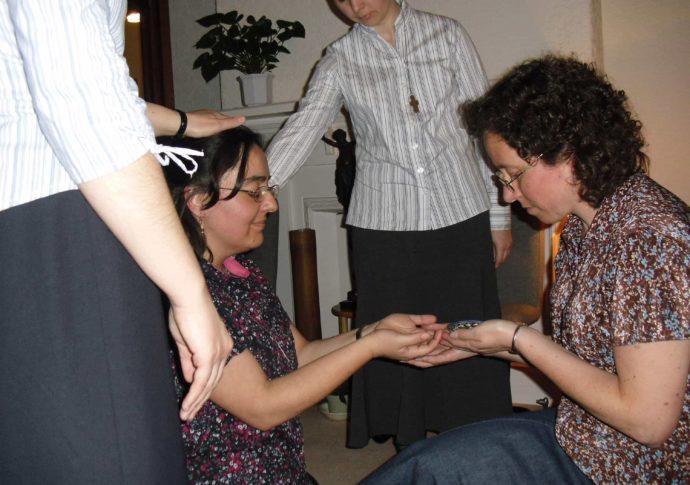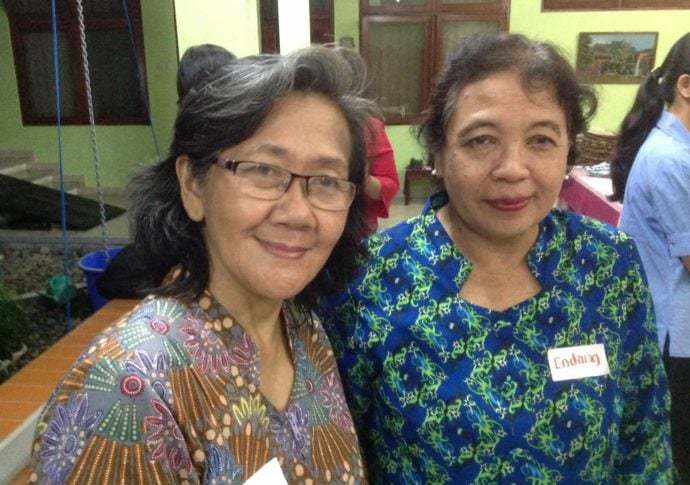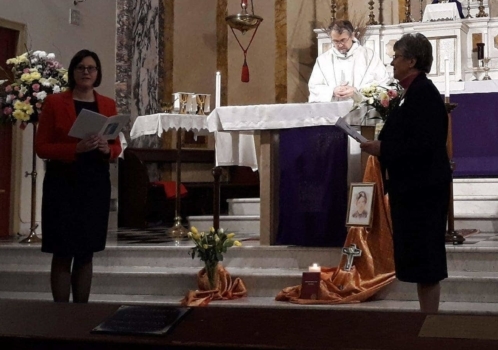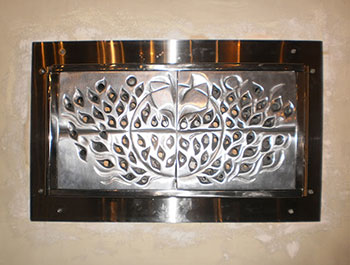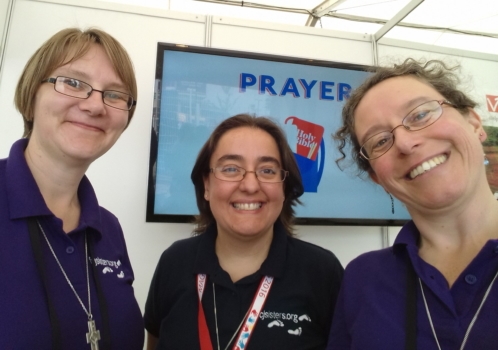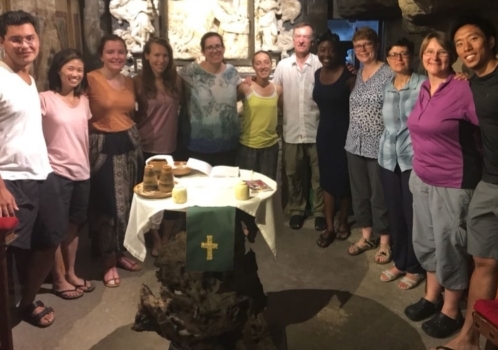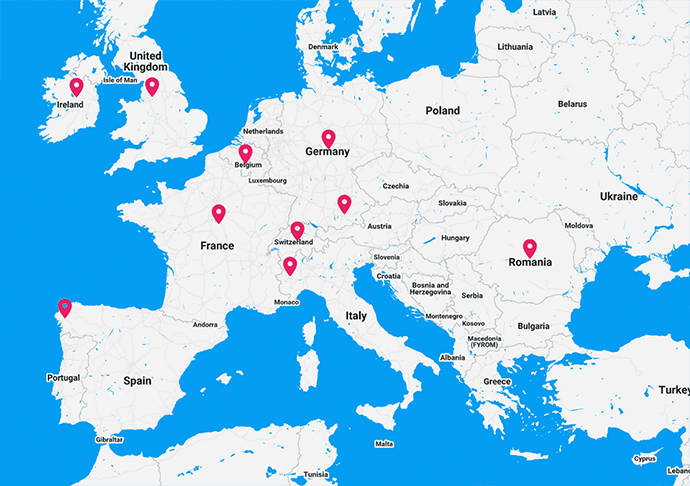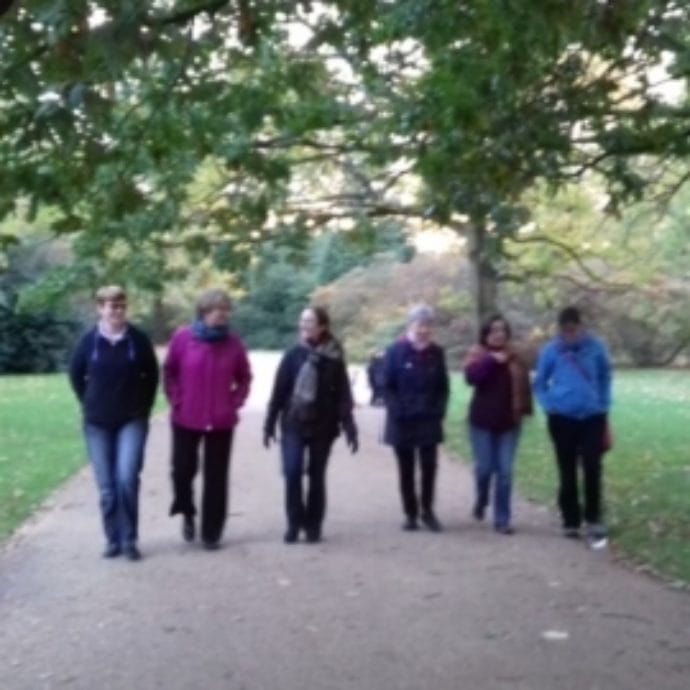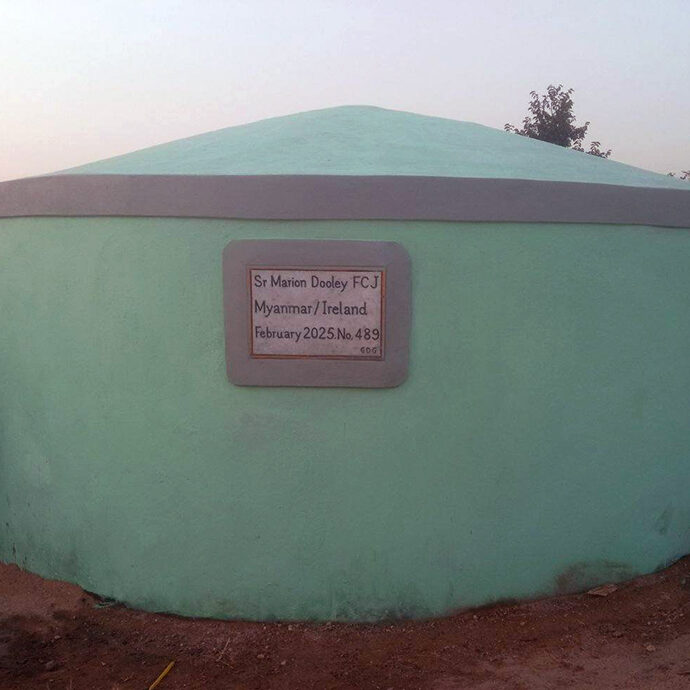

Europe
As communities of women religious located in Europe, we are committed to living the FCJ charism of faithful companionship with Jesus in eight countries: Belgium, England, France, Germany, Ireland, Italy, Romania and Switzerland.
We are Catholic sisters who make a lifelong commitment, for we see our mission as the whole of our lives given in service.
As communities of women religious located in Europe, we are committed to living the FCJ charism of faithful companionship with Jesus in eight countries: Belgium, England, France, Germany, Ireland, Italy, Romania and Switzerland. Our Ignatian Constitutions encourage us to ‘find God in all things’ and to make God’s presence known wherever we are sent on mission. Our mission is not only what we do but more importantly who we are as we do it. Animated by the vision of our foundress, Marie Madeleine d’Houët, our vocation is to be faithful companions of Jesus, companioning with God’s people wherever we are and whatever our work. Like Mary and the holy women, we stand at the foot of the cross of Jesus, as that cross is experienced in the world of today.
We are Catholic sisters who make a lifelong commitment, for we see our mission as the whole of our lives given in service. For us, our diverse ministries (which include retreats, spiritual guidance, counselling, faith development, active promotion of faith and justice concerns, parish and diocesan work, ecumenical and inter-faith dialogue, education, hospitality and prayer, care of immigrants, care of the elderly, and prison visiting) are contemporary expressions of Marie Madeleine’s understanding of companionship with Jesus. Across the province, our ministry outreach is also exercised through a number of corporate works: aided by our lay colleagues, we are trustees of several schools (in Belgium, England, France, Jersey and Ireland) and run three spirituality centres (in Belgium, England and Ireland).
In some of the countries where we live and work (in England, Ireland, Italy and Romania), small groups of women and men have chosen to be in association with us and to make a formal commitment to live our charism of faithful companionship with Jesus. These people are called FCJ Companions in Mission.
Like Mary, Mother of Jesus and Mother of the Church, and like the holy women, messengers of the Good News, we are sent to proclaim the Truth, Jesus who is alive and lives among us, who is Son of God and Saviour of the world.
FCJ Constitutions 3
Explore the Area of Europe
Where We Are
The members of the Area of Europe actively cultivate an inclusive European vision, with a structure that supports and encourages their mission in Europe.
As Faithful Companions of Jesus we adapt our apostolic ministries, expressions of our common mission, to the changing needs of society and the culture in which we live.
Marie Madeleine d’Houet, foundress of the Faithful Companions of Jesus, was born in France in 1781, and brought up there in the aftermath of the French Revolution. Naturally enough, in those years of great social hardship, the first FCJ foundations were made in France, but it was not long before the sisters travelled to other European countries.
In Marie Madeleine’s lifetime, once the Society had begun to expand more rapidly, communities were set up in England, Italy, Switzerland and Ireland. Over the years, FCJs have gone to live and work in other European countries in response to apostolic needs. They were variously grouped until, in 1983, they were divided into three provinces: Britain, the Continent and Ireland. In 1999, the three provinces were encouraged to operate as a European Network, and have since engaged in a number of joint activities.
On September 1st, 2011, the existing Provinces became a single new province:
The Province of Europe, now known as the Area of Europe.
The members of the new Province actively cultivate an inclusive European vision, as they create a structure that supports and encourages their mission in Europe and responds to the questions:
What is God asking of the FCJs in Europe here and now?
How can we better love and serve God’s people, given our present reality?
It is by keeping questions like these to the forefront of our thinking that we give ‘soul’ to our structures of administration, that we lighten these structures, and give space for the Spirit.
Featured Content






